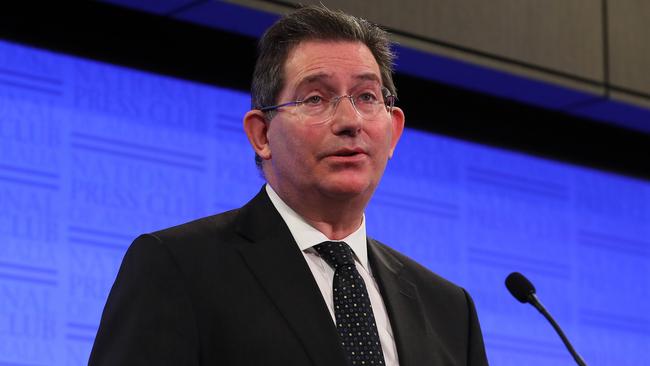UNSW and Sir William Tyree Foundation seek global health reach
A new philanthropic gift to UNSW will fund cutting edge health technology and improve patient outcomes.

Telehealth and remote monitoring are among the technologies to benefit from a new $10m gift from the Sir William Tyree Foundation to UNSW.
It will establish the Tyree Foundation Institute of Health Engineering over 10 years so medicine and biomedical engineering can address challenges such as Australia’s ageing population and chronic disease.
It aims to reduce hospital admissions, offer earlier diagnoses, more targeted therapies, and deliver remote care and self-care.
“COVID-19 has put a spotlight on the critical need for innovative approaches to address health crises and improve health outcomes for people across Australia and the world,” UNSW vice-chancellor Ian Jacobs said.
“For example, remote monitoring and telehealth have rapidly become standard practice during the pandemic, and agile design and implementation of such solutions are required.”
READ MORE: Risk for unis of China reprisals | How to deal with Beijing blowback | Thumbs down for remote learning |New chief for humanities academy
To maximise clinical and commercial relevance, and ensure Tyree IHealthE’s innovations are adopted into mainstream healthcare practice, it will also establish the Sydney Consortium for Improving Medicine with Innovation and Technology that will bring together clinicians, technologists, entrepreneurs and industry, based on a framework used successfully in the US and Britain.
“One of Tyree IHealthE’s flagship projects — to use telehealth technology to help people with chronic diseases better manage multiple medications — will be piloted in the Randwick Health and Education Precinct, a partnership between the university and NSW government which is set to become the largest co-located health, innovation and education zone in the state.”
Professor Jacobs said more than 50 per cent of Australians live with one or more persistent conditions and about half did not follow their medication plan, resulting in re-hospitalisations and deaths costing Australia around $660m each year.
Early indications are that the TeleClinical Care — Medications initiative will reduce rehospitalisation rates by more than 50 per cent.
The latest gift from the foundation brings to more than $25m the donations made in the name of Sydney Technical College graduate, engineer and technology pioneer William Tyree.
It will also support scholarships for outstanding students to advance multidisciplinary studies with the aim of contributing to healthcare innovation.
“My father’s philosophy was ‘an investment in education is an investment in Australia’,” said Sir William’s daughter Robbie Fennell, who is executive director of the foundation.




To join the conversation, please log in. Don't have an account? Register
Join the conversation, you are commenting as Logout